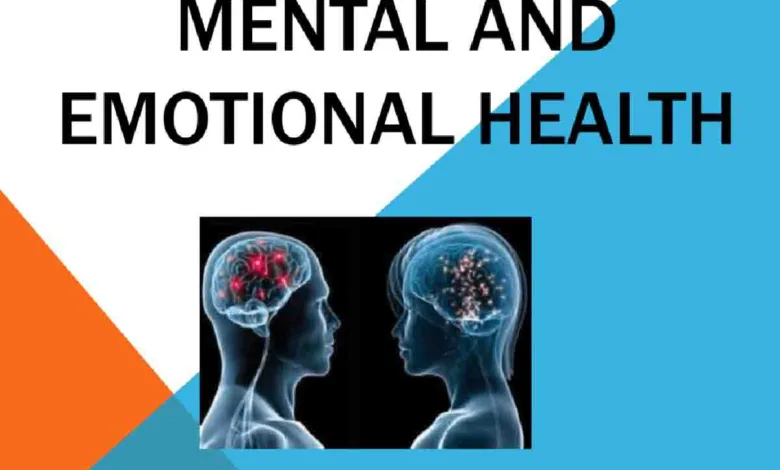A balanced study & extracurricular time must for students

Thursday, 18 May 2023 | Dr Sona Kaushal Gupta
GUEST COLUMN
 Dr Sona Kaushal Gupta
Dr Sona Kaushal Gupta
“All work and no play doesn’t just make Jill and Jack dull, it kills the potential of discovery, mastery, and openness to change and flexibility, and it hinders innovation and invention.” Joline Godfrey
The World Health Organisation defines health as complete social, physical and mental wellbeing and not merely the absence of a disease or infirmity. Mental, social, intellectual and emotional health refers to a person’s ability to handle stress, to acquire skills and maintain relationships, all of which are important for building our resilience and ability of independent living. To attain this parameter of holistic health students need to change their perspective from just studies and marks to a more holistic happy growth.
Students have become more focused and obsessed on gaining more marks today. They believe that scoring more marks is an indicator of how intelligent they are and it will lead them to a brighter and happier future with a more lucrative career. These thoughts have been reinforced in them by their parents who have their own unfulfilled dreams and expectations and many a time they burden their children with their expectations and dreams. Parental pressure of comparisons, criticism, threats, emotional blackmail and fear makes many children fall into the trap of seclusion and they become introverted bookworms and stressed. Sometimes peer pressure and schools also add fuel to this emotional fire in children and the child gives up all extracurricular activities because he thinks that they are a waste of his precious time. Parents and schools are giving rewards, punishments and grades all of which act as extrinsic motivators for children whereas I feel one needs to motivate the children towards learning newer concepts and having desired positive behaviour and attitude. These are intrinsic motivators and the need of the hour for all students. I have been a medical teacher and have taught many students in the medical college and today when I meet them, years after they have graduated, they almost always remember what grade they had received in my class but when I ask them what actually they had learned, they fumble! I feel that obsession with achievements of grades has been an age-old practice which has harmed generations of children and it now needs to be curtailed.
Students should be encouraged to participate in various extracurricular activities, explore different areas of interests, make new friends, learn and develop new social skills besides their academics. Participating in extracurricular activities and hobbies should be an integral part of every student’s life. This benefits students of all ages because such activities promote better social, mental and physical health. Making friends can be a challenging task for many, but one of the easiest ways to do so is through extracurricular activities where you learn to communicate and develop team work. Students who participate in extracurricular activities by joining clubs or teams of their interest become more confident, expressive and develop a sense of high self esteem. They learn to multitask and this increases efficiency in their work. It has been seen that when you succeed in the activities you love, your self-confidence improves and you perform better academically too. Such activities also provide a much needed break from the mundane academic pursuits of children and can help eliminate their study-related stress, resulting in greater and better academic achievement. Participating in activities you like to pursue can increase your brain functioning, and help you understand, concentrate, memorise your lesson and manage your time better. All this contributes to attaining higher grades. High stamina sports will train you to focus better and also build your stamina in the face of intense difficulty. This increases your coping ability and gives you motivation and stamina to study harder, longer and better during exams. Participating in physical activities like sports can also help release a lot of happy hormones like endorphins in our body and this improves our happiness and wellness index. Besides all this, extracurricular activities give us something different and fun to do besides going to school and routine school work. Let’s treat these breaks as productive breaks which should be taken willingly by every child. Parents should be supportive and encourage their children to indulge in them.
Apart from the above mentioned benefits of extracurricular activities, I feel that one of their greatest advantages is that they teach you “real world life skills” which are so much needed by the youth of today. Some of these skills include goal setting, teamwork, time management, prioritization, problem-solving, analytical thinking, leadership and public speaking.
The more you push yourself into and participate in extracurricular endeavours, the more perfectly will you develop these skills. As an icing to the cake, your record of the various extracurricular activities helps you build a good resume for seeking entry into a reputed college or work place. Such activities also increase a child’s emotional intelligence (EI) which are a set of skills that help us recognise, understand and manage our emotions and recognise, understand and influence the emotions of others. It teaches us to be empathetic towards others. When we enter college or jobs it’s our EI which helps us succeed more than our academic marks or grades. EI is the most critical skill needed today in building and maintaining interpersonal relationships and getting along with others. Research has shown that people with a high emotional quotient (EQ) are more innovative, happy and have higher job satisfaction than those with lower EQs.
Last but not the least, students who engage in extracurricular activities during their school and college days keep all types of mental illness at bay. Such activities can help reduce stress, improve mood and provide a sense of purpose and fulfillment. They make students feel more connected and supported. To summarise—today IQ, marks, grades have all taken the back seat of life—its EQ which is most needed to succeed. This develops from childhood when children have a balanced study-play time where they can also relax and indulge in their interests and hobbies. Parents and teachers should also support children in this.
(The author is a neuro psychologist, founder of a crisis helpline and designated CBSE counsellor. Views expressed are personal)






